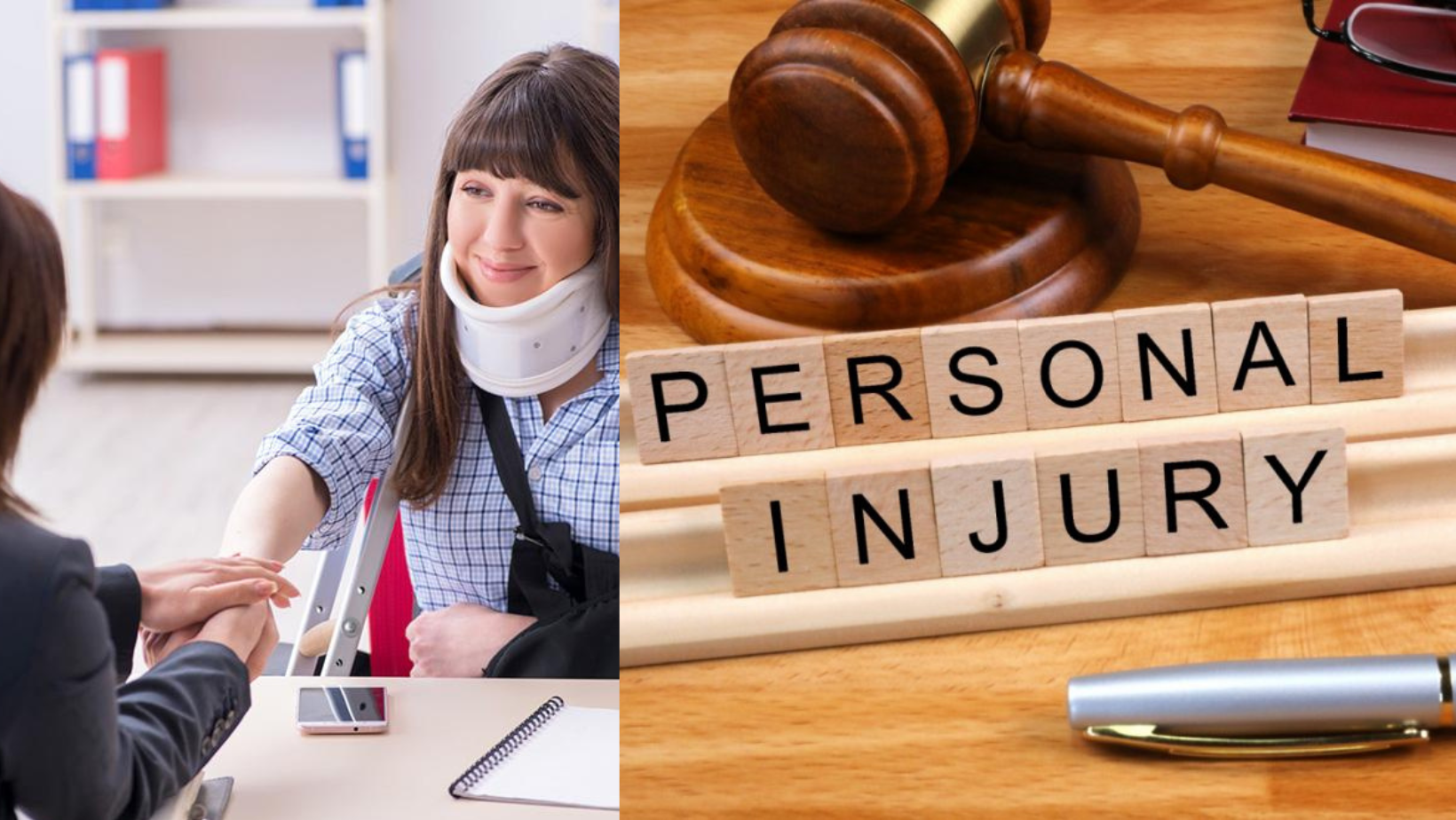The Differences Between Settling and Going to Trial in Personal Injury Cases
When a person is wounded due to the negligence or malicious actions of another person or entity, a personal injury lawsuit may come into play. When such an event occurs, the affected party may seek compensation for their damages by settlement or trial. Before making a decision, it is crucial to understand the difference between settling and going to trial in personal injury claims. Visit theredemptionlaw.com to learn about the pros and cons of settling and going to trial.
A person, a family, or anyone who recently went through an injury or an accident would immediately think of ways to get compensation or retribution for what had happened to them. They are, of course, in rage and anger for what has occurred. Always keep in mind to stay calm, keep your composure, and seek the support of well-experienced lawyers who understand the legal process.
What Does Settlement Mean?
A settlement is a pre-trial agreement between the injured party and the responsible party that resolves the dispute. In a settlement, the aggrieved party accepts a fixed sum of money in exchange for the responsible party’s release from further culpability. Often, this amount is negotiated by an attorney or mediator, and both parties must agree to its conditions.
Advantages of Settling
The fundamental benefit of settling is avoiding the time, expense, and unpredictability of a trial. Typically, settlements can be struck rapidly, allowing the injured party to collect compensation sooner than if the case went to trial. However, settlements are typically less public than trials, which might be advantageous for persons who wish to maintain their privacy.
Negatives of Settlement
The primary disadvantage of resolving a dispute is that the amount of compensation collected may be less than what could have been achieved at trial. In an effort to avoid a trial, the responsible party may offer a reduced settlement sum, which may not adequately compensate the wounded party. In addition, settlement may not result in any changes to the responsible party’s behavior, which could lead to future occurrences of similar injuries.
What is a Trial?
The damaged party may opt to pursue their case in court if a settlement cannot be reached. In a trial, a judge or jury examines evidence and arguments from both parties and decides whether the responsible party is accountable for the damage and how much compensation the injured person should receive.
Advantages of Going to Court
The principal advantage of proceeding to trial is that the aggrieved party may be awarded a greater amount of compensation than if the case were settled. The court may also force the responsible party to establish additional safety measures or processes to prevent similar injuries in the future if the case goes to trial.
Consequences of Going to Trial
The most significant disadvantages of going to court are the time, money, and uncertainty involved. The conclusion of a trial might take months or even years, and the cost of litigation can be enormous. Also, trials are frequently open to the public, which might be disadvantageous for those who value their privacy.
Which Choice Suits Your Needs?
Several factors determine whether a personal injury case should be settled or tried. This includes the severity of the injuries, the amount of compensation sought, and the liable party’s readiness to negotiate. In addition, the wounded person should evaluate the time, cost, and probable effects of each alternative.
To cap it all, personal injury cases may be settled either by settlement or trial. Compared to going to trial and having to think of whether you will lose in court or not, settlement can be quicker, less expensive, and more private. Yet, settlements may result in reduced compensation and may not prompt the responsible party to alter its behavior. Trials are more expensive, time-consuming, and public, but they can result in increased compensation and a change in the behavior of the responsible party. In the end, the decision to settle or go to trial should be made with the assistance of an experienced personal injury attorney who can assist you in weighing the advantages and disadvantages of each alternative and making an informed choice.

